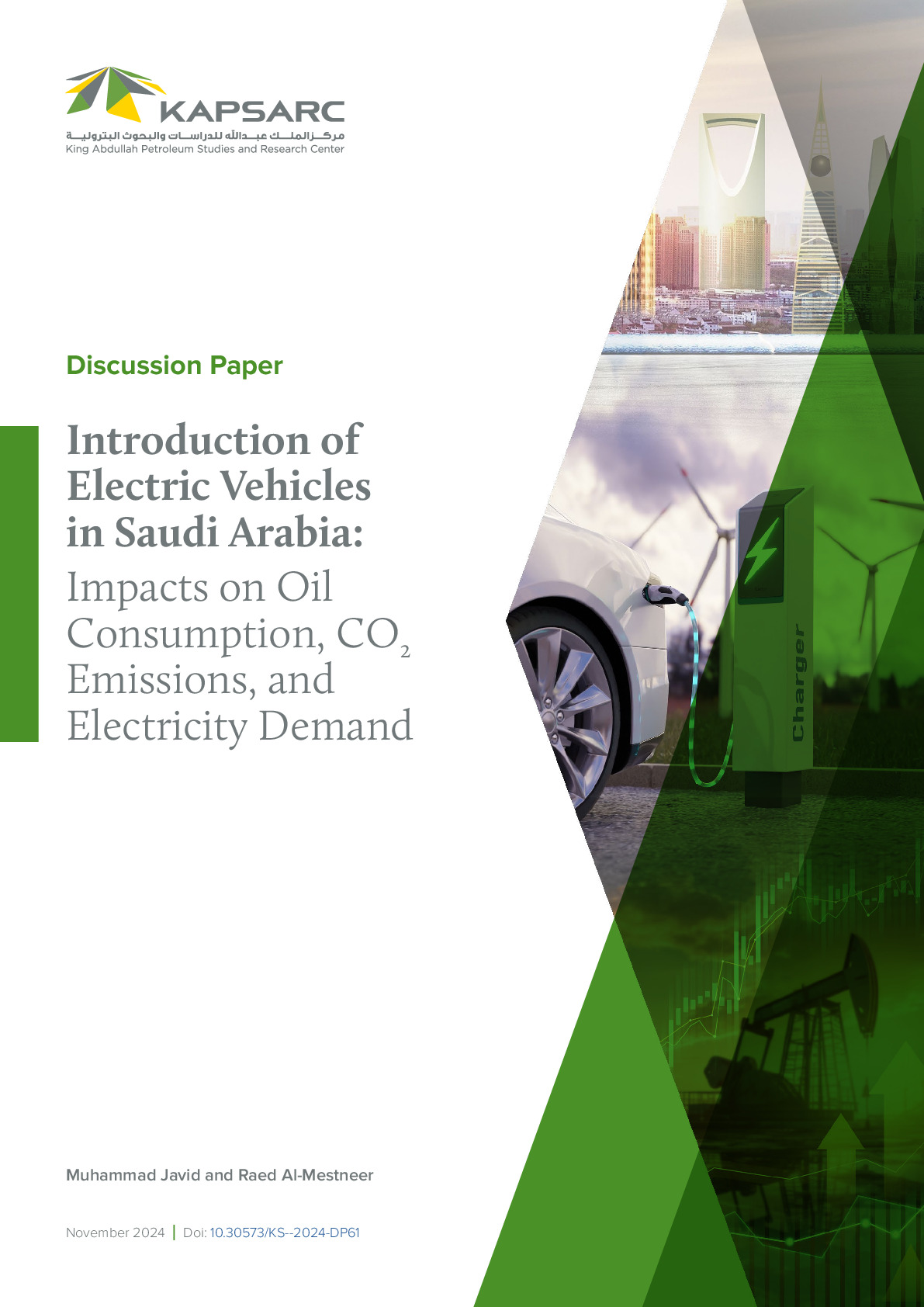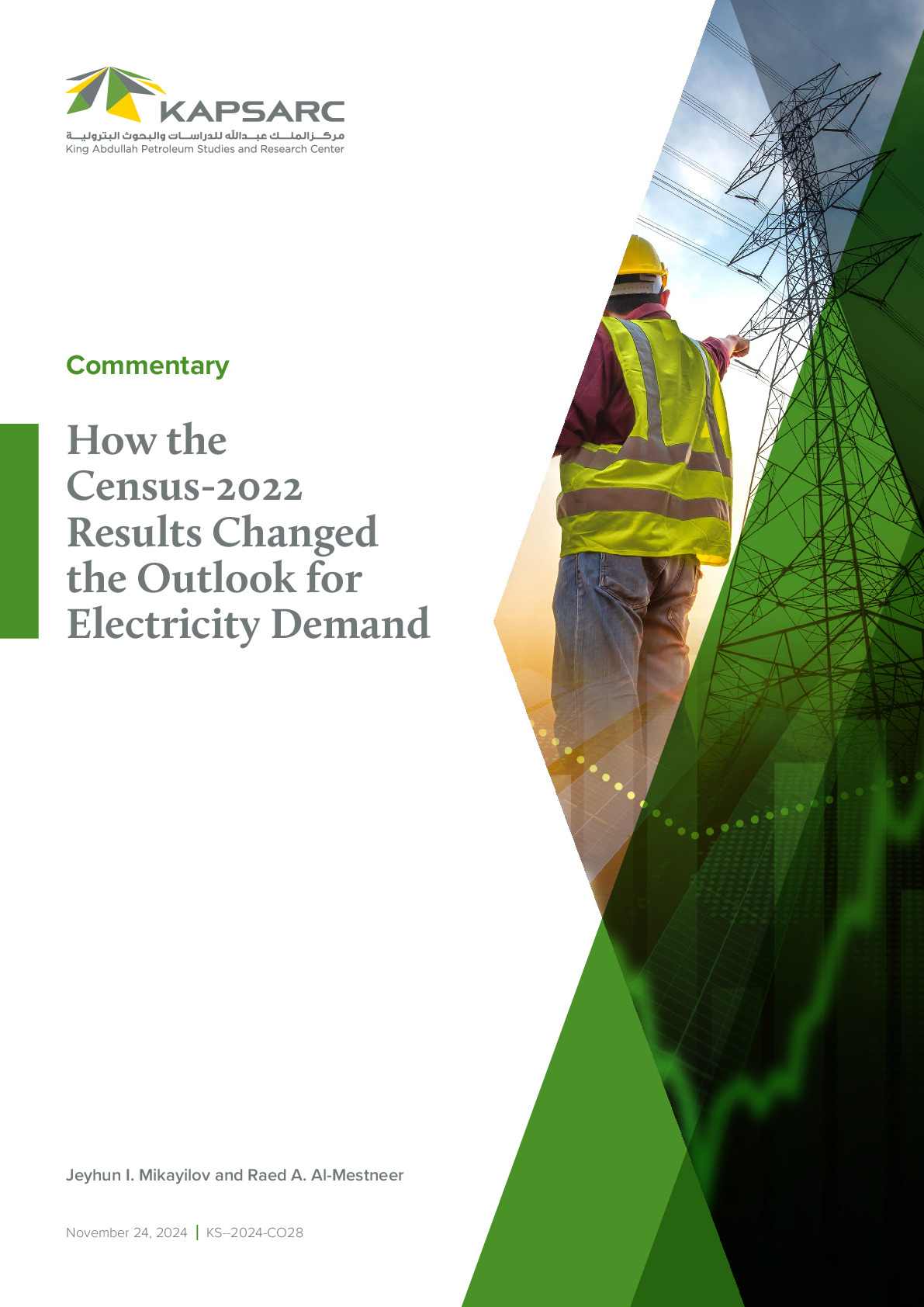This paper aims to address these discrepancies by reestimating an original empirical model of electricity demand using recently revised population data from GaStat (2024). The original model, which was developed by Mikayilov and Darandary (2024), relied on population data from GaStat’s 2021 edition, which covered the period from 1990 to 2019. However, these observations are extended from 2010 to 2022 in the revised dataset; additionally, improved enumeration methods and geospatial data, including satellite images, electricity consumption and mobile phone data, are incorporated to improve the accuracy and geographic coverage of address canvassing. With this approach, more granular residential data were captured, and a more precise headcount of populations, especially those in remote areas, was facilitated. These improvements have increased the accuracy of population figures and revealed significant differences between the old and new data.
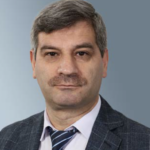
Principal Fellow- Energy Macro & Microeconomics
Jeyhun is a principal fellow at KAPSARC. He received his B.A. and M.S. from Azerbaijan State University (now Baku State…
Jeyhun is a principal fellow at KAPSARC. He received his B.A. and M.S. from Azerbaijan State University (now Baku State University) in mathematics. Jeyhun holds a Ph.D. in applied mathematics and a D.S. in econometrics. Before joining KAPSARC in September 2017, Jeyhun was an associate professor at the Department of Statistics and Econometrics at Azerbaijan State University, and the Department of Economics at Qafqaz University, where he taught econometrics, statistics, and mathematical economics. His other roles have included director of the Research Institute for Social Sciences and Humanities, and head of the Center for Socio-Economic Research. Jeyhun was a postdoctoral researcher at Indiana University Bloomington, United States (U.S.). He has also been a visiting researcher at several institutions, including the Center for Econometric Research, Sungyunkwan University in Seoul, South Korea; Vistula University, Warsaw, Poland; the University of North Texas, and the University of South Texas, both in the U.S. Jeyhun’s research is focused on applied time series econometrics, the economics of energy, the environment and sustainable development. He has authored over 40 scientific articles published in peer-reviewed journals and is an editorial board member of the International Journal of Advanced Multidisciplinary Research and Review, the Journal of Management, Economics and Industrial Organization, and the Journal of Socio-Economic Studies, and a member of the International Association for Energy Economics.
Expertise
- Applied Time Series Econometrics
- The Economics of Energy and Environment
- Sustainable Development
Publications See all Jeyhun Mikayilov’s publications
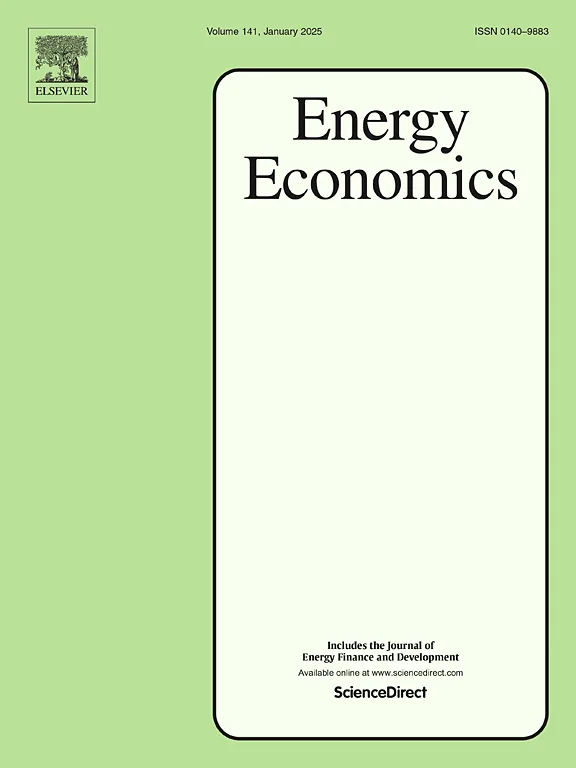
Macroeconomic and Sectoral Effects of Natural Gas Price: Policy Insights from a Macroeconometric Model
This paper aims to address these discrepancies by reestimating an original empirical model of electricity…
4th February 2025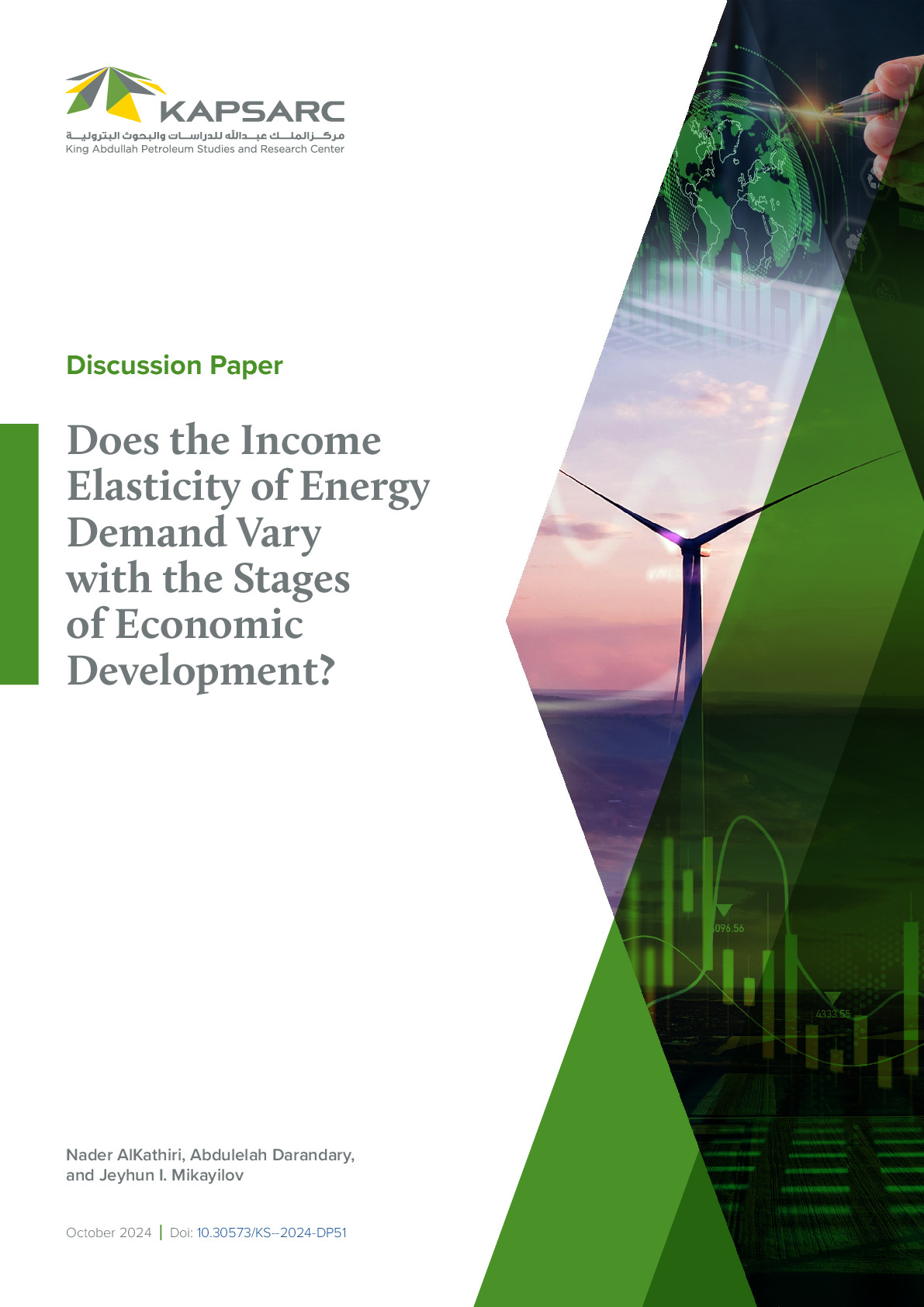
Does the Income Elasticity of Energy Demand Vary with the Stages of Economic Development?
This paper aims to address these discrepancies by reestimating an original empirical model of electricity…
12th January 2025

